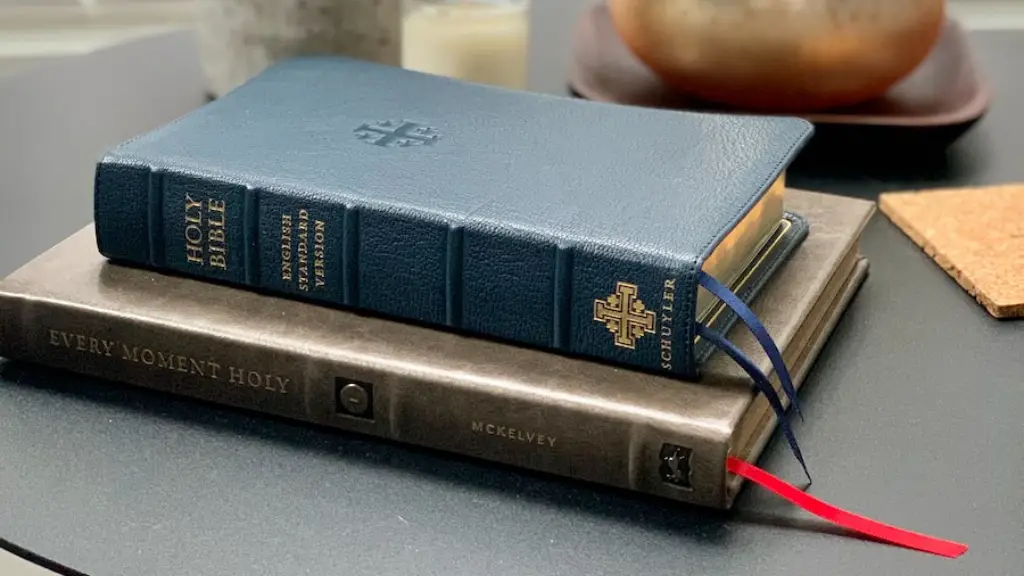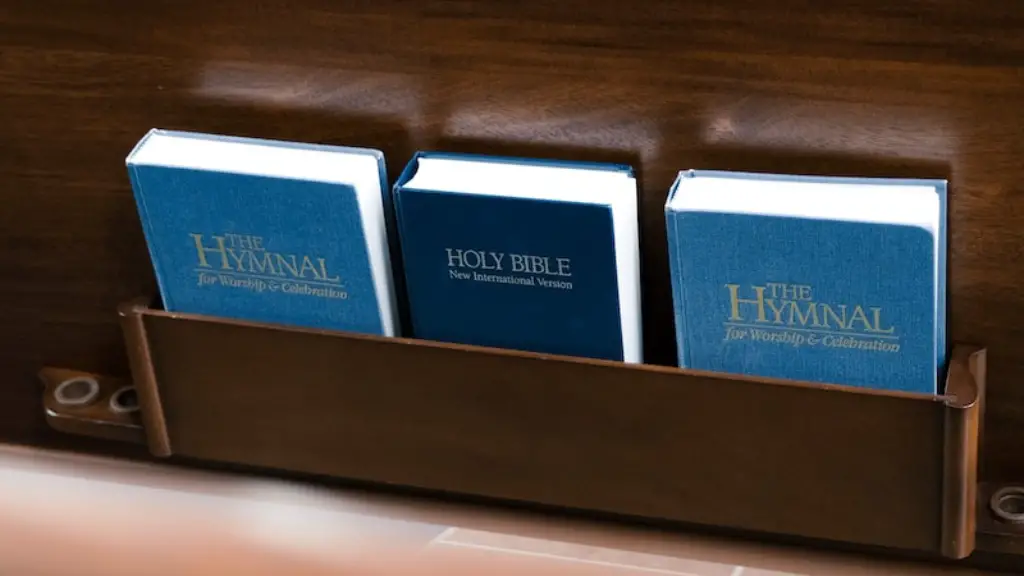What do you know about the prophet Jeremiah from the Bible? If you skimmed through Chronicles or Kings, you might have heard of his name, but who is he really? The book of Jeremiah is full of subplots taking place during the dark days for the kingdom of Judah. Jeremiah had a significantly deep understanding of God’s ways that he was able to interpret the spiritual and political events taking place. One of the most recognizable acts done by Jeremiah is his infamous burning of the scroll, representing the end of an era and the start of a new one. In a sense, Jeremiah was a representation of God’s warning, judgment, and mercy.
To dive deeper into Jeremiah’s story, we should start right at the beginning. His life entered the world in a time of oppression. Jeremiah’s hometown, Anathoth, was surrounded by many enemies and the Israelites were going through a reformation where they ended up believing in gods other than the one true God. This is also when Jeremiah receives a call from God to become a prophet and to help the people of Judah return to the Lord (1:7), as well as to deliver warnings of destruction if the people of Judah refused to change their ways. Jeremiah was tasked to say all these messages despite the risk of suffering for his faith.
Being a true messenger of God, Jeremiah is a scapegoat for everyone’s sins. He is constantly persecuted for telling the truth and his warnings are often ignored. Sadly, God’s justice is served when Assyrians inevitably invade and conquer Judah. God responds to the people’s contempt with destruction as Jeremiah had predicted. Despite his testing, Jeremiah finds solace by finding comfort in God when all this trouble storms into his life.
Another trait of Jeremiah’s is his courage to proclaim the truth. Knowing that his words were going to be ignored because they were hard to stomach, Jeremiah continued to deliver God’s message. He even tried his best to convince people of his cause by donning a yoke and getting on the street to preach. He gives the audience an example of the coming oppression to prove that the Lord is the only law. The audience, sadly, failed to change their mindset toward God, instead mocked Jeremiah for his plea of help.
It is with Jeremiah’s faith and dedication that we can learn of God’s love and mercy. Throughout his story, his main purpose was to show the people of Judah what was to come when they chose to ignore God’s warnings and make the wrong decisions. For example, after the Babylonian siege and destruction, Jeremiah points the audience to a hopeful future. He told them to keep faith in God and to stay hopeful for the promise of restoration and forgiveness among the Jewish people. This showed that despite everything, God will still choose to be merciful when people choose to repent and turn away from their wicked ways.
A Study of His Writings
Jeremiah is famously known for his words that were not only impactful but resonated with the people of Judah. Jeremiah’s words continued to be written down and his story is studied by scholars and students even today. The primary source for understanding Jeremiah is his writing; the book of Jeremiah contains his prophetic words, along with his sermons, poems, and laments that highlight key moments in Jewish history.
Jeremiah’s words are often depicted to be harsh and intimidating but reading further into his sermons, it can be argued that they are meant to be an encouragement and invitation towards a better way of life. His writings feature signs of comfort and a promise that the audience would receive salvation if they followed the Lord’s commands. For example, in Jer. 31:17 Jeremiah makes a powerful prophecy that God willreestablish the covenant between him and his people. This verse gives a sign of hope to a people who were going through a difficult period.
Other prophets during the time would tell their people about the possible punishment in the future if they continued to disobey God’s words. Jeremiah’s warnings often focus on the idea of redemption and love. He is the only prophet at this time who had the courage to call people to repentance. By focusing on God’s love and grace, Jeremiah shows that our own burdens could be lifted if we turn to God in times of despair.
Events in His Life
Apart from being a wise and couragous prophet, Jeremiah was a genuine person. Although a large part of his life was spent in the service of God, there were other events that completed his resume. Notably, Jeremiah did away with his annoying job as priest due to their misconducts and even met with a respected priest in Egypt to seek spiritual advice. These events can be found in Jeremiah 43, Nebuchadnezzar’s unsuccessful siege, and the Temple’s destruction. Jeremiah was also present during the fall of Jerusalem and the Babylonian captivity.
One event that stands out is this event is the so-called “burning scroll”. During this time, the people of Judah had turned tragically away from God’s ways. As these wicked acts increased, Jeremiah was called by God to present a warning during a heated discussion, that the nation would be face extinction and punishment for their misdeeds. That is when Jeremiah came with a shocking action and burned the scroll, representing a new beginning for the people and the country.
Finally, Jeremiah was respected as he is remembered till this day for speaking the truth even when threats of imprisonment and death came along. In the book of Jeremiah, we can find a record of his courage and loyalty to stand firm and remain devoted to the Lord’s word.
The Legacy He Left Behind
Not only is Jeremiah is regarded as a great prophet, but he also left behind a lasting legacy of faith and courage. His story serves as a reminder to all of us of what happens when a nation strays away from the promises of God. He shows us how God can still be a source of love and mercy even in times of despair. Jeremiah’s example of courage and fierce loyalty to the Lord is an inspiration to us all.
But it is not just his story we can learn from. Jeremiah’s words of warning, mercy and hope have remained relevant today; his many writings can serve as a reminder of God’s grace and justice when we need it the most. His themes of comfort and hope show us that no matter what tribulations we are going through, we can still find a way to make it through with the help of the Lord.
The importance of Jeremiah’s Teachings Today
As time has passed, the lessons of Jeremiah are still finding relevance in today’s climate of hatred and sin. Jeremiah’s words were not just a warning but were meant to be a call of mercy towards his people that they could find peace and salvation through God. His warnings of the tribulations and judgment are still meaningful in times of distress, as they show us a chance of reconciliation with the Lord and repentance should we go astray in our paths.
It is often easier said than done when it comes topical trends. But in order to turn away from wicked acts, one must rely on the Lord to turn their life around and accept the corrections of His holy ways. That is why Jeremiah’s teachings are still applicable today, as a warning for us to look back and examine the way we act and the choices we make. Jeremiah shows us that the consequences of our choices will still be felt if we chose to turn away from God.
Conclusion
In summary, the prophet Jeremiah is an important figure in the Bible. He served as a living reminder of how one should live their life according to God’s command. His writings were full of warnings, mercy and hope and have served as a force of inspiration for many generations. His name still remains a symbol for courage and his deeds are remembered in times of despair. Therefore, in order to find strength in God’s love and justice, believers must remember Jeremiah and the legacy he left behind.




